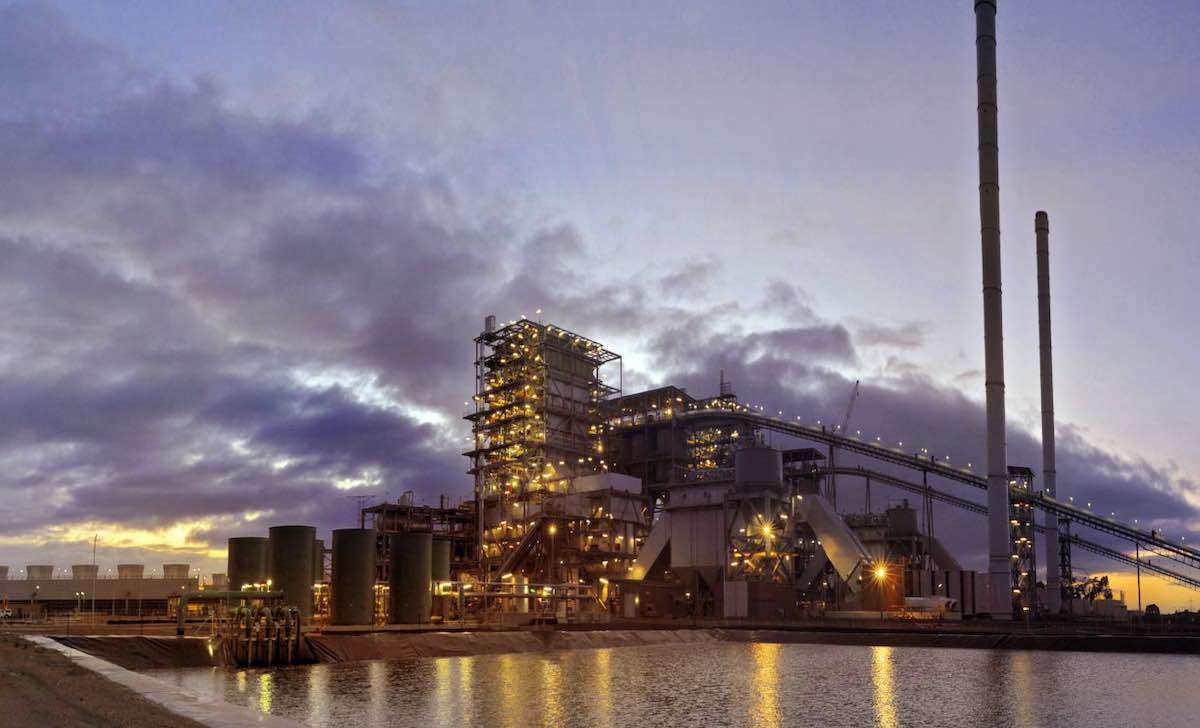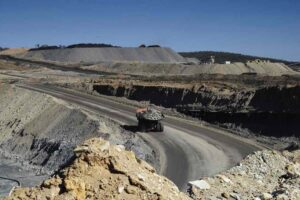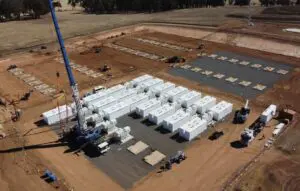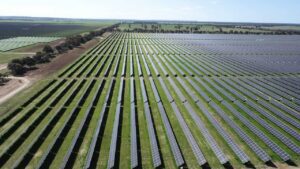The Western Australia state government says it will spend $220 million to ensure that the troubled Griffin coal mine – which is in receivership – can operate until mid 2026 and provide fuel to the state’s few remaining coal generators.
The funding, announced on Friday in one of the last acts of outgoing energy minister Bill Johnston, is being labelled as an essential move to ensure the transition from coal to renewables goes smoothly, particularly for the Collie region where it is based.
The state last year had to import thermal coal from the eastern states to keep its generators on line, although Johnston complained last week that coal generators were the least reliable part of the system.
“Our coal‑fired power stations are becoming increasingly economically unviable, and they’re becoming increasingly mechanically unviable, and causing trouble in managing the system,” he said at the conclusion of the meeting of state and federal energy minister’s last week.
The Griffin coal mine has been placed in receivership as a result of a series of commercial disputes, and supplies to the privately owned Bluewaters coal generator. It is one of two remaining coal mines in the state.
The year 2026 is emerging as a major inflexion point for the state’s accelerating transition from coal to renewables,
The state is currently contracted another four big battery projects which are either under construction – a 500MW, four hour battery at Collie being built by Synergy, another 219MW, four hour battery at Collie being built by Neoen, a 200MW four hour battery being built by Synergy at Kwinana, and Alinta’s 200MW, two hour battery at Wagerup.
These batteries will be tasked initially to soak up the midday sun and transfer the output to the evening peak, but it seems that the state is now getting ready for the early closure of Bluewaters, which was scheduled to close around 2030, but which is now expected to shut down well before then.
The state is investing billions into the battery projects, along with new transmission lines and a host of new generation projects, which have attracted the likes of Macquarie’s newly launched Aula Energy with a potential portfolio of 2.4GW in the state.
“Once that new generation and storage comes online, along with new privately funded projects, WA’s electricity system will have the capacity to remain reliable and affordable without requiring power from Bluewaters,” the government said in a statement.
The move follows a decision to keep one of the state-owned Muja coal generator units in reserve for one more summer in 2025/26 in case it is needed, and already follows $40 million spent by the state government on the Griffin mine.
Cook said it is disappointing that the private companies involved in Griffin have been unable to find a commercial solution to their problems, despite significant support from Government.
“But a sudden closure of the Griffin mine would see hundreds of workers lose their jobs overnight and put at risk the stability of our electricity system.Put simply – I won’t let that happen,” Cook said.
“This investment gives industry and the community certainty about the path forward, as we continue our managed transition away from coal in Western Australia.
Johnston noted that W.A. is in the middle of an unprecedented energy transition, with growing energy demand from the switch to electrification and the hunger of major industrial users to move away from gas.
“It is critical we support Griffin Coal at this time to ensure a stable transition to a higher renewable energy system.
“The State Government will continue to work with the Australian Energy Market Operator, which operates our main electricity grid, so our system can move towards a low-emissions future while remaining secure.”
Johnston late last week announced he would step down from Cabinet this coming week and will not contest the next election. His replacement has not been announced.










